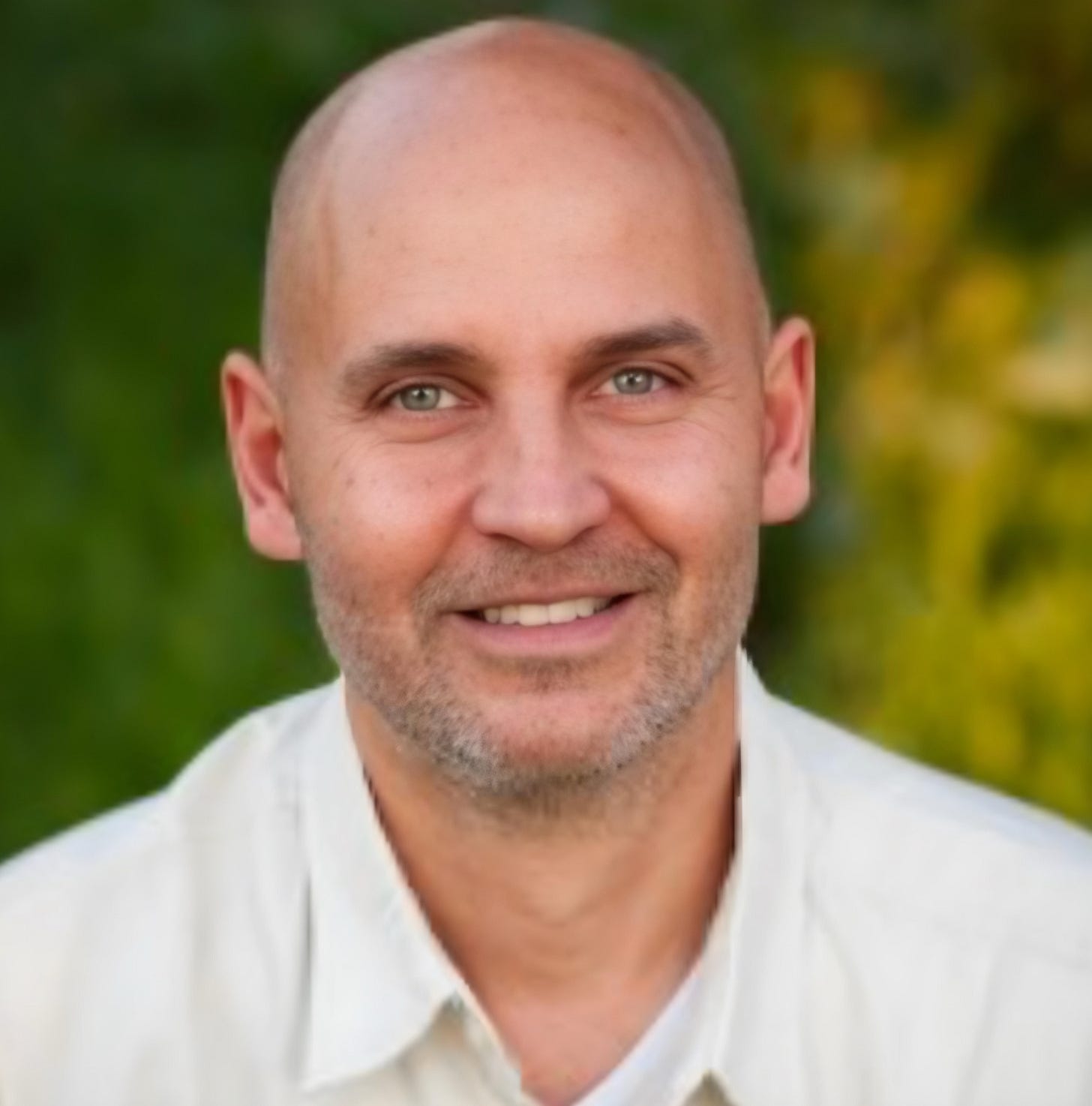Log in to any corner of the internet today, and you’re likely to stumble across a musical trivia tidbit: June 25 is Global Beatles Day. The name alone hints at the band’s reach—there are bigger cultural phenomena, but perhaps none so global, none so Beatle. Before I’d finished my first cup of coffee, the world was singing together: “All You Need Is Love.” The reason for the day? On this date in 1967, these four lads from Liverpool broadcast the song live as the international anthem for the very first global satellite link. In a divided, uncertain world, their message was one the world wanted to hear.
For me, the Beatles have never been just a band. They have been a kind of soundtrack to my search for meaning—proof that pop culture, like scripture, can run in your blood as deep as family, as faith. If you’ve followed my trilogy—The People of the Sign, The Hardness of the Heart, The Rod of Iron—you already know the truth: every chapter, every section, every marker along my personal journey is titled after a Beatles song, or mined from the solo catalogues of John, Paul, George, or Ringo. Not as a gimmick, but as a kind of nervous system beneath the writing.
When I was a boy, lost and lonely in Sweden, “Hey Jude” was the song that rescued me. It was written by Paul for Julian Lennon, John’s son—a hymn for the abandoned child. But, as I wandered the woods, far from the world I knew, it became my hymn too. Paul sang, “Take a sad song and make it better.” I sang along at the top of my lungs, hoping—childishly, but sincerely—that someone, somewhere would hear and understand. There is a kind of communion that happens in the dark, through the language of music, that even the best words can’t quite explain.
Years later, with more miles and hard-won perspective, there was a coda: John’s “Beautiful Boy.” Released days before his tragic death, it’s a love letter to his own son, Sean—a gentle reflection on fatherhood, forgiveness, and what endures after the rockets fade. Hearing that song as an adult, I felt the full circle—that even if the melody differs, reconciliation is always possible, and love survives the mistakes.
Last night’s Created in the Image of God show took this theme in a new—and entirely unexpected—direction. My guest, Brian Rosman, created the Homer Calendar: an ingenious pop culture twist on the ancient Jewish ritual of counting the Omer, fusing The Simpsons and biblical tradition. What does Springfield have to do with Sinai? More than I’d once imagined.
Identity, as I argued with Brian, isn’t some fixed vessel handed down from on high or received intact from our families. It’s a living negotiation. We’re shaped by our closest traditions—the ones whispered in the kitchens of our childhood homes—but just as much by the culture streaming in through screens and speakers. Last night, it was Homer Simpson that snuck in and, hand in hand with Moses, reminded us that memory, ritual, and meaning are always up for remix. I realized that the search for identity—so central in The People of the Sign—is perpetually set to a backbeat of longing, fragmentation, and the hope that the disparate notes might resolve into harmony.
And yet, the quest is not straightforward. It’s no small challenge to locate yourself—to find an anchor point in the pages of God’s revealed Word—when, as the New Testament puts it, “at sundry times and in diverse manners” God has spoken: different words for different times, to a species endlessly in transition. Hebrews says it plainly. The ancient prophets, the teachers, the musicians—they were all reaching out, but from different corners and with different songs. And sometimes, let’s be honest, it’s all too much.
George Harrison knew the feeling. Buried in the Beatles’ psychedelic period is a song aptly titled “It’s All Too Much.” The more I learn, the less I know. The culture swirls, the news scrolls on by, and some days you just want to float “down the stream of time from life to life.” Harrison’s lyrics move me even now: “All the world is birthday cake, so take a piece, but not too much.”
That’s the paradox. On one hand, the world is welcoming, bursting with cake and song and love. On the other, it overwhelms—threatening to drown out the interior, sacred voice that tries to make sense of who we really are.
If I keep returning to the Beatles, it’s not just nostalgia. It’s because they, too, were searchers—boys who became men beneath the scrutiny of billions, but never stopped wrestling with identity, longing, rootlessness, and redemption. Their music reminds us that to grow up is to navigate the push and pull between tradition and disruption, family and world, the heard and the unseen.
Sometimes it’s all too much. Sometimes all you need is love. Somehow, in the pages of a song—or the echo of a lyric, or the shadow of a priest, or the wisdom of a donut-eating cartoon dad—we keep moving toward the place where the melody resolves, and we know, if only for a moment, who we are.
Happy Global Beatles Day. Take a piece of cake. But not too much.
— Wade
If this reflection resonates, subscribe or share—and join me each week as we count, remember, and rediscover what connects us across generations, cultures, and the great hum of the world’s songbook.
About The Author
Wade Fransson is an author, speaker, and host of “Created in the Image of God.” Having navigated both religious and corporate worlds, Wade reflects deeply on how spiritual themes can inspire authentic transformation for individuals and society. Through honest storytelling and analysis, he invites readers to reflect, grow, and act in pursuit of justice, compassion, and meaningful change. Subscribe and join this journey into the foundations beneath our feet.
Enjoy the legacy offer on his book trilogy— available exclusively at Something Or Other Publishing: https://soopllc.com/product/legacy-offer-wade-franssons-book-trilogy/






